The Ear is the Place, Man
For a second essay in his new series on jazz, co-presented by mnartists.org and the Walker Art Center, musician and writer Jeremy Walker argues in defense of the idiosyncratic, ever-shifting, individual listener's ear.
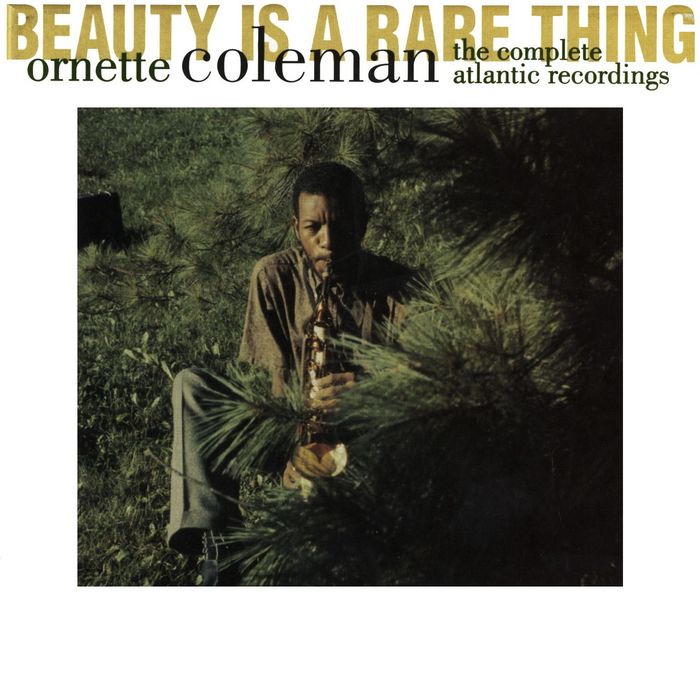
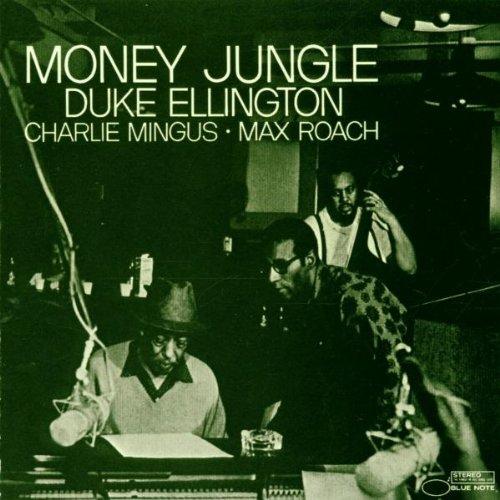
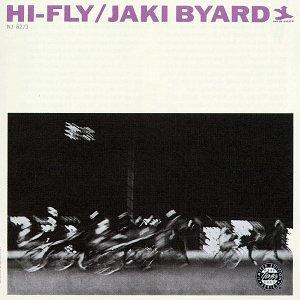
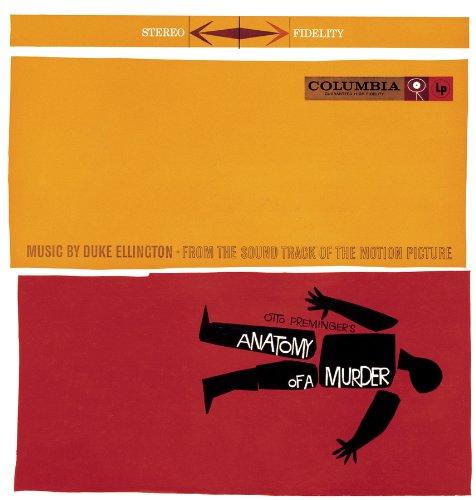
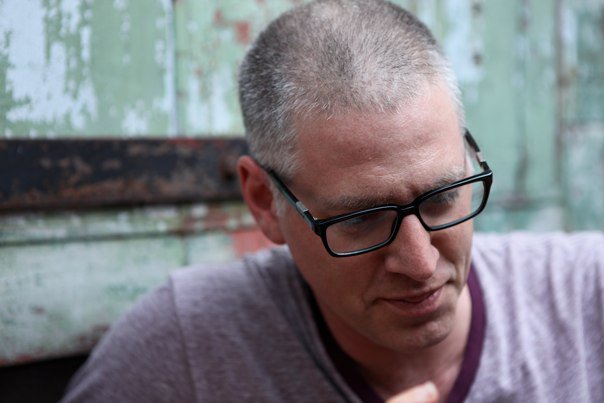
THERE IS A BAR IN NEW YORK CALLED THE EAR INN. I like it. It goes a ways back, and it reminds of my favorite bar (maybe in the world), the Clown Lounge in the basement of the Turf Club (more on that in a minute). But that Ear got me thinking.
This might be the best time for the distribution of original music, ever. Artists are no longer dependent on the patronage of nobles, the control of radio, or the record industry, and music is no longer prohibitively expensive to self-produce.
But, the problem is, where to begin? This is the era of America’s Got Talent, American Idol, You Tube, and all the rest. Everyone wants to be a big star. And everyone is creative and talented. When everyone is an artist, how do you find the art? Talent is the easy part. The old standard applies: If it sounds good, it is good. But sounding good is harder work than splitting logs. As Ornette Coleman said, Beauty is a Rare Thing.
Okay — I’m off to a rough start. I don’t want to write an aesthetic diatribe on how to identify true achievement. What I want is to write in defense of the ear, your ear. How the ear can hear the broad range of human sonic expression and respond to it — from Johnny Cash to Duke Ellington. The ear knows.
In my last essay, I said we are post-music — that’s the way I feel on my darker days. Of course, it isn’t true. There is an abundance of creative music out there; there always has been and always will be. With the volume and intensity of mass-media, it’s easy and profitable to venerate the fleeting and manufactured. But the real, organic sounds of human experience are still plentiful, too. And thanks to the same mass media that assaults our ears with the commercially-produced stuff, those sounds are easier to find than ever.
Almost anything you could want to hear is available, usually for free. Stay up late some night, and follow a musical trail through YouTube; or, rather than listening to the same old playlists on your iPod, stream something — I recommend Accujazz.com (there are others). Just type “Duke Ellington” into Pandora, and see what results: We’re in the midst of a golden age of musical exploration. I used to go to Southdale Library with an empty backpack to fill with LPs. In fact, checking records out at random is how I found three of my all time favorites: Duke Ellington, Charles Mingus and Max Roach in Money Jungle; Ornette Coleman’s Shape of Jazz to Come; and Duke’s The Great Paris Concert.
As a start, I’ll point you to a few of my favorite YouTube finds:
Jaki Byard “Jazz Piano Workshop”
Charles Mingus with Eric Dolphy
Duke Ellington “Black Butterfly”
________________________________________________________
That Jaki thing…whew. I listen to him more than anybody else these days, except Ellington. As long as I am on the subject, here are some other things in heavy rotation for me right now. (But this is by no means a “10 essentials” list or anything. There are plenty of those out there already.) Jaki Byard‘s Hi-Fly and Blues for Smoke are on all the time. The aforementioned Money Jungle is a constant too, and has been for well over 10 years. Also from Ellington, New Orleans Suite, Anatomy of a Murder, and Piano Reflections. I listen to a lot of Marcus Roberts, particularly The Joy of Joplin. Andrew Hill’s Point of Departure, Thelonious Monk with John Coltrane at Carnegie Hall, Solo Monk, Wynton Marsalis’ Congo Square, and Glenn Gould‘s Goldberg Variations.
They are all great records, masterpieces even, and they all play like they were made just for my ear.
And that territory of the ear — our feelings and our experiences — is where music lives. And here is the mystical thing: these interwoven elements of perception change together and influence each other constantly, which makes for intensely personal experiences of sound.
That sort of idiosyncratic experience is hard for a critical construct like better or more important to encompass. I have had people stare at me like I cursed my mother when I told them that I preferred Miles Davis’ Carnegie Hall Concert to Live at the Plugged Nickel — I didn’t claim the former was better, just that I preferred it. But our ideas of better than got in the way of allowing for preference — and preference is inherently and exclusively subjective.
________________________________________________________
It’s easy and profitable to venerate the fleeting and manufactured. But the real, organic sounds of human experience are still plentiful, too. And thanks to the same mass media that assaults our ears with the commercially-produced stuff, those sounds are easier to find than ever.
________________________________________________________
For instance, I prefer Coltrane’s Crescent to A Love Supreme, and I prefer the record he did with Duke Ellington over both of them. Does that make me a less astute jazz listener? That’s where the key distinction is: I didn’t make claims about which are Trane’s best records, and I didn’t assess A Love Supreme as anything less than a masterpiece. I just noted that it isn’t my favorite.
And my favorites change, too. Things I used to love, I no longer do. It used to be that I didn’t really understand Duke’s big band music, or any big band music for that matter. Now, I listen to it more than anything else. But when I started listening to music I was just a 12 year old kid; now I have a 12 year old kid. And the thing I love most about jazz music is that it’s big enough to swing with us, to allow us to roam all around and find something just right for our always changing ears.
What we need is the courage and openess to follow our ears. For fun, try this the next time you are talking to some jazz people: Tell them you don’t like John Coltrane. I used to say it all the time, and the resultant tongue lashing was amazing. But I was telling the truth. For a long time I didn’t like him. I later realized my aversion stemmed from the fact that so many players (tenor sax and otherwise) were trying to sound like him — his disciples made me tired of his language. Once I realized that, though, I was free to love Coltrane again. And I think he would want me to be free not to like his music, and free to tell the truth about that.
We have made music too big and too risky. There is no shame in not liking something brilliant. You are free to go. And given the low cost of admission for most jazz shows and the wealth of free online content at your disposal, when you give something a try, you are out a lot less than you would be going to a movie you don’t like. If something is truly brilliant, and you don’t like it, it is usually a question of timing. The appeal will likely hit later.
________________________________________________________
Here are some reading recommendations, if you are so inclined.
The books: Martin Williams The Jazz Tradition, Albert Murray Stomping the Blues, and Wynton Marsalis with Geoffrey C. Ward Moving to Higher Ground.
Online: The great pianist Ethan Iverson’s superb blog, “Do the Math” and Nate Chinen’s excellent “The Gig.” Jazz.com is a great source for interviews and reviews, as is allaboutjazz.com (which is also a source for music you might want to hear live).
Sometimes, the hard work of sounding good can make you unaware, full of yourself, or convinced you have some universal answer to the question. As I have gotten older and taken a more diverted path than I ever intended, I think I don’t even know the question anymore. I used to dream of a chance to give my opinions to an engaged audience, to let them know I had this thing figured out. But I don’t, and never did. I have learned a little about the ear, though, and I love jazz now more than ever. The form is in good health — there is just so much out there ready to give to new ears.
Actually, maybe in the next essay, I’ll talk about where you can find it here — live music in the Twin Cities (and elsewhere).
________________________________________________________
About the author: Jeremy Walker is a composer/pianist based in New York. He has performed with Matt Wilson, Vincent Gardner, Ted Nash, Anthony Cox and other notable musicians. He was the owner of the now defunct club, Brilliant Corners, and is the Artistic Director for Jazz is NOW! in Minneapolis. Walker currently leads two bands, The Bootet in New York and Small City Trio in Minneapolis; Small City Trio just released their first album, a collection of original songs by Walker called Pumpkins’ Reunion, available digitally on iTunes.